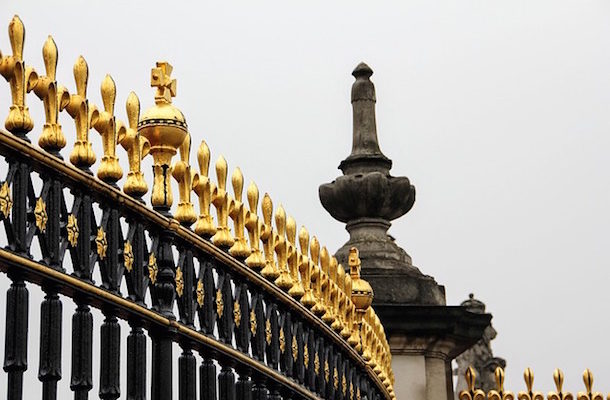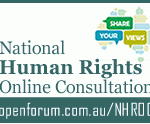What kind of Republic for Australia?

Bill Shorten recently announced that Australians would be asked “in his first term” if they want a Republic. It seems troublesome to first ask “Yes or No” and if Yes, sort out later how the President should be elected.
This may seem to be a way to get around those who want a popularly or directly elected President but isn’t it high time to find out first what kind of Republic Australians really want? There are several major governance system problems that it would be prudent to tackle first or simultaneously.
In my book “How about OUR Republic?”, I raised these issues and also discussed in some detail 15 contemporary Republics – seven with a directly elected, and eight indirectly elected Presidents. However, much of that book is devoted to alternative systems of governance that need to either precede a vote on an Australian Republic or be introduced as part of the Republic.
Achieving the Republic itself can hardly be a major problem as there is no battle to be fought with the Monarchy as was the case with many other Republics, consider as examples the US and Ireland. Australia is in a particularly comfortable situation in that we have a Queen and Prince who are actually happy for us to form a Republic.
Prince Phillip was astounded that the 1999 referendum was lost. He said, “these people don’t seem to know what is good for them”. Touché Prince Phillip! The Queen has repeatedly said that it was entirely up to Australians to decide on a Republic.
The post-referendum Senate Inquiry into the Republic issue of 2003/4 identified that many people felt that they had not been sufficiently engaged in the process leading up to the 1999 referendum.
During the 1990s Australian elites, especially political elites, were themselves trapped in Australia’s archaic Constitution, its conventions and its mysterious language and uncertainties. The only real considertion for them seemed to be whether the President was to be elected directly by the people or chosen by the Parliament, a very limited presentation of the complexity of the problems.
Amazingly, we still hear this extraordinarily narrow model presented by many politicians. To be successful in a Republican campaign Bill Shorten would have to move away from this simplistic model and convey a deeper understanding of the options. A suitable job for an Opposition leader, aiming to campaign for the Republic, would be to demystify the language therefore enhancing a clearer debate.
If the Governor-General has reserve powers how can this official now use them to benefit the campaign? Ideally, the draft rewriting of the Constitution needs to precede the process of substantial participation by citizens. It is not just “could they be more engaged this time?” The answer is they must be much more engaged and the Government needs to prepare a comprehensive brochure explaining the many problematic governance issues.
While this is unlikely from our current Prime Minister, it would be of great benefit if the ALP, along with the Greens and the Xenophon party, could begin by composing a menu of desirable governance system reforms and Republican constitutional objectives.
Dr. Klaas Woldring is a former Associate Professor at Southern Cross University and the co-founder of Beyond Federation, a citizen group which campaigns to abolish the states and strengthen local government. His latest book is Yes, We Can… … Rewrite the Australian Constitution.















Max Thomas
October 9, 2017 at 12:56 pm
The founders of the US did not adequately define (limit?) the powers of the President in their constitution. I understand there were good reasons for not doing so but they were mistaken in apparently thinking that a fool would never be elected to the highest office.
Mr Shorten has promised a referendum to ask if Australia should become a republic. Mr Shorten loudly proclaimed: “We are Australian, not Elizabethan.” That’s not a long way from Trump shouting about making America great again and we’re seeing where that leads. Reviving the republic debate with silly patriotism is apparently designed to drive a wedge between the PM, who is a republican, and the conservative wing of the Liberal Party.
Mr Shorten is evasive on what form the Republic of Australia would take but it’s a fairly safe bet that most voters will probably favour direct election of the head of state and not appointment by the Parliament i.e. the government. Shorten knows that parliament might soon find itself in conflict with a popularly elected president and that the major constitutional reforms needed to create a workable system would likely be rejected at a subsequent referendum. He can surely foresee also that presidential candidates would be supported by powerful media or multi-national corporate interests who are not usually inclined to the ‘progressive’ side of politics.